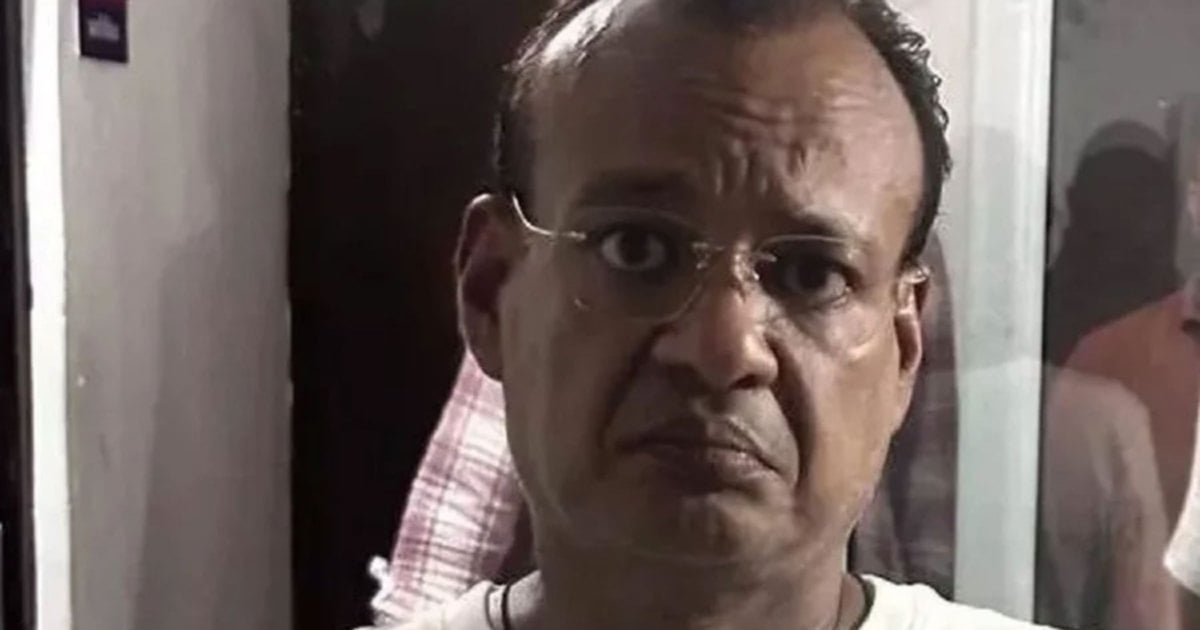SCAMMERS come in various forms. Fake dentists and doctors are common, but a bogus ambassador? Not of one country, but four.
That is exactly what Harshvardhan Jain, a Uttar Pradesh native of Ghaziabad, near New Delhi, has been accused of being for the past decade.
Arguably, he is the world’s first bogus ambassador representing that many countries.
There was another fake diplomat, interestingly in Ghaziabad, impersonating the high commissioner of Oman as the police there discovered.
His bogus world came crashing when he was arrested on March 13, India’s English daily The Hindu reported.
Like all scammers, Jain was after money. Yes, money for jobs in the “countries” he was an ambassador of. All four were calling themselves micronations.
We do not know if Jain looked and acted like a diplomat, but the posh building he rented, with foreign flags and a few luxury cars with diplomatic number plates parked in front, did the locals in.
According to AFP, when the police raided his “embassy”, they recovered US$53,500 worth of Indian rupees, doctored passports and forged documents bearing stamps of India’s Foreign Ministry.
There are several lessons that scammers like Jain are teaching us. Firstly, scams mutate. Early scams that reached our shores were emails from bogus Nigerian royals, willing to share their inheritance if we helped them pay to move the money overseas.
When suspicions grew in tandem with the emails, there was no more request for money; just a plea for bank details so that the inheritance can be moved into our account. A clever attempt to get access to money without asking for it.
A cleverer move was the African romance scams, with many Asian women, including Malaysians, losing their fortune in the process.
Next were calls from fake courier companies claiming that our packages are stuck at Customs, but would be released if some payments are made to clear them.
Then came the calls from bogus police officers and taxmen. Today, it is the turn of deepfake videos.
Consider, too, this latest duping attempt from an inventive knave: an SMS stating “your WhatsApp is abnormal” and that the app would be shut down in 12 hours unless we click a link for help.
The instruction to click is a dead giveaway. Plus, why SMS and not WhatsApp?
But Jain takes the cake. He doesn’t call. The victims walk into the “embassy” and get taken in by the facade mimicking the real, which brings us to the second lesson: vigilance, the art of being alert to signs of danger. Admittedly, it is not an easy thing to do, but not an impossible one either.
Consider Jain’s trickery. Granted, the swanky building with flags to boot and luxury cars with diplomatic number plates parked outside added to the believability score.
But what “nations” was he a diplomat of? West Arctica, Seborga, Poulvia and Lodonia, clearly are non-existent states claiming to be micronations. Surely, a little due diligence would have uncovered it.
Scams are all about money or its equivalent. This we know. The trick is to be aware of how the scammers gain access to either, the final lesson scammers unwittingly have left us with.
© New Straits Times Press (M) Bhd






